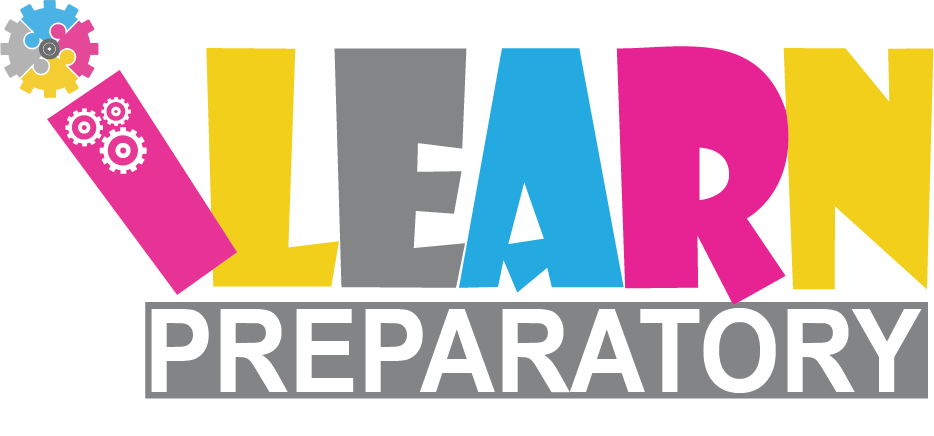Understanding the Role of Play in Early Childhood Development
Play is an essential component of early childhood development, serving as the primary medium through which children explore the world around them. During these formative years, play is not merely a leisure activity but a fundamental way of learning that contributes significantly to a child’s cognitive, social, emotional, and physical growth. Through playful interactions, children develop critical thinking skills, creativity, and the ability to solve problems—skills they will carry into adulthood.
One of the most pivotal aspects of play is its ability to foster social development. As children engage in play, they learn to communicate, collaborate, and negotiate with peers, which enhances their social competence. These interactions teach children the importance of empathy and understanding, as they must navigate the dynamics of sharing, taking turns, and resolving conflicts. Such experiences are invaluable as they lay the groundwork for building healthy interpersonal relationships in the future.
Furthermore, play stimulates emotional development by allowing children to express their feelings and cope with different emotions in a safe environment. It provides an avenue for children to experiment with various roles and scenarios, thereby expanding their emotional intelligence and resilience. Through imaginative play, children can explore complex emotions, gain new perspectives, and build confidence as they master new skills and overcome challenges.
Physically, play is crucial for developing motor skills. Activities such as running, jumping, and climbing help strengthen muscles, improve coordination, and enhance overall physical health. These physical activities are equally important in managing stress and increasing energy levels, contributing to a more balanced and healthy lifestyle.
In summary, play is not just a pastime but a vital educational experience that shapes a child’s development in profound ways. It provides the foundation for lifelong learning and success, highlighting why it is crucial to encourage playful activities both at home and in educational settings.
The Detrimental Effects of Screen Time on Young Children
In today’s digital age, screens are omnipresent, infiltrating every aspect of daily life. While technology serves as a powerful tool for education and communication, it casts a long shadow over the developmental journey of young children. Extended screen time can have several detrimental effects on their physical, cognitive, and emotional well-being.
Primarily, excessive screen time can compromise a child’s physical health. The sedentary nature of screen-based activities often leads to reduced physical activity, increasing the risk of childhood obesity. Moreover, prolonged exposure to screens can strain young eyes, potentially causing vision problems such as myopia.
Cognitively, the overuse of screens can impede the development of critical thinking skills. Young minds require active engagement and hands-on experiences to explore and understand their environment. When screen time replaces opportunities for imaginative play and real-world interactions, it can stifle creativity and inhibit problem-solving abilities.
Emotionally, excessive screen exposure is linked to increased risks of anxiety and depression. The passive consumption of content often results in reduced interpersonal interactions, which are crucial for developing empathy and social skills. Moreover, the fast-paced, overstimulating nature of digital media can lead to attention issues, making it challenging for children to focus on tasks or engage deeply in play.
In conclusion, while screens are an inevitable part of modern life, it is imperative to balance their use with active, imaginative play and meaningful human interactions. By doing so, we can ensure that screens serve as helpful tools rather than detrimental distractions in the formative years of childhood development.
Exploring the World Through Play: Benefits for Cognitive Growth
In a world increasingly dominated by digital screens, the fundamental importance of play in a child’s cognitive development cannot be overstated. Play is not merely a leisure activity; it is an essential part of childhood that fosters significant cognitive growth and development. Through play, children engage in a dynamic process of discovery that allows them to explore their environment, solve problems, and understand complex ideas.
One of the primary benefits of play is that it encourages active learning. Unlike passive consumption of information from screens, play involves hands-on activities where children use all their senses to interact with the world around them. This active engagement is crucial for cognitive growth, as it stimulates various parts of the brain, enhancing neural connections and fostering intellectual skills.
Moreover, play is a powerful facilitator of language development. As children engage in imaginative play, they often create narratives, negotiate roles, and communicate with peers, which helps strengthen their vocabulary and linguistic abilities. This type of play supports the development of critical thinking and problem-solving skills as children navigate different scenarios and outcomes.
Furthermore, play supports social and emotional well-being, which is intricately linked to cognitive development. By interacting with others, children learn to empathize, share, and cooperate, forming the foundational skills necessary for effective communication and collaboration in the future.
In conclusion, play is a vital component of a child’s development, offering rich opportunities for cognitive growth. It empowers children to become active learners, thinkers, and communicators, laying the groundwork for lifelong learning and success. Encouraging children to engage in diverse forms of play is crucial for nurturing their cognitive and emotional development beyond the confines of digital screens.
Social and Emotional Advantages of Unstructured Play
In an era dominated by screens and structured activities, unstructured play emerges as a vital component in the holistic development of children. This form of play, characterized by its spontaneous and child-directed nature, offers a plethora of social and emotional benefits that are crucial during the formative years.
Firstly, unstructured play provides children with the opportunity to develop critical social skills. When children engage in play without predefined rules or expectations, they are compelled to communicate, negotiate, and collaborate with their peers. This interaction is pivotal in learning how to share, take turns, and resolve conflicts peacefully. As a result, children build stronger relationships and gain a sense of belonging, which is essential for their emotional well-being.
On an emotional level, unstructured play allows children to express themselves freely and explore their emotions in a safe environment. It provides a creative outlet for them to process their feelings, whether it’s through role-playing, storytelling, or imaginative games. This freedom not only enhances their emotional intelligence but also boosts self-esteem and confidence as they learn to trust their instincts and make independent decisions.
Moreover, the absence of rigid guidelines in unstructured play cultivates resilience and adaptability. Children learn to navigate uncertainties and make choices, fostering a mindset that embraces change and values problem-solving. These skills are invaluable, equipping them to handle future challenges both in school and in life.
In summary, unstructured play is not merely a pastime; it is a cornerstone of social and emotional growth. By promoting communication, creativity, and resilience, it lays the foundation for a well-rounded and emotionally intelligent individual capable of thriving in diverse environments.
Practical Tips for Encouraging Play Over Screen Time
In today’s digital age, children are increasingly drawn to screens, often at the expense of traditional play, which is crucial for their holistic development. Encouraging play over screen time requires intentional strategies and a commitment to fostering an environment that promotes creativity, exploration, and physical activity. Here are practical tips to help steer children towards more engaging and beneficial play experiences.
Create a Play-Friendly Environment
Transform your home into a haven for play by dedicating specific areas for different types of activities. A cozy reading nook, a crafting table, or an open space for imaginative play can entice children to explore their interests away from screens. Ensure that toys, books, and materials are easily accessible, encouraging children to engage in self-directed play.
Set Consistent Screen Time Limits
Establish clear and consistent rules regarding screen time. Setting daily limits and designating screen-free zones, such as during meals or in bedrooms, can help reinforce the importance of balancing screen use with other activities. Use timers or schedules to help children understand and manage their screen time effectively.
Encourage Outdoor Play
Outdoor play is invaluable for children’s physical and mental well-being. Encourage activities that involve running, jumping, or climbing, which not only promote physical fitness but also enhance problem-solving skills and social interactions. Organizing regular trips to parks or nature reserves can make outdoor play a routine and exciting part of your child’s life.
Be a Role Model
Children often mimic the behaviors they observe. Demonstrate a healthy balance between screen use and other activities by engaging in play with your child. Spend time together doing puzzles, building structures, or playing board games. Your active participation can inspire them to prioritize play over screens.
By creating a conducive environment, setting boundaries, and leading by example, you can successfully encourage children to embrace the joys and benefits of play over screen time. This shift not only nurtures their creativity and development but also fosters a healthier, more active lifestyle.





